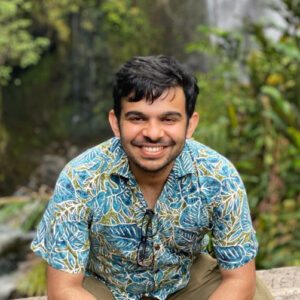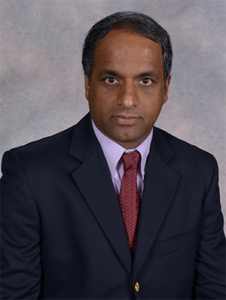
Friday, Feb. 14, 2025
10:20 – 11:10 a.m. (CST)
ETB 1020
Dr. Ulisses Braga-Neto
Professor, Dept. of Electrical and Computer Engineering
Texas A&M University
Title: “DeepOSets: Non-Autoregressive In-Context Learning of Supervised Learning Operators”
Abstract
We introduce DeepSets Operator Networks (DeepOSets), an efficient, non-autoregressive neural network architecture for in-context learning of permutation-invariant operators. DeepOSets combines the operator learning capabilities of Deep Operator Networks (DeepONets) with the set learning capabilities of DeepSets. Here, we present the application of DeepOSets to the problem of learning supervised learning algorithms, which are continuous permutation-invariant operators. We show that DeepOSets are universal approximators for this class of operators. In an empirical comparison with a popular autoregressive (transformer-based) model for in-context learning of linear regression, DeepOSets reduced the number of model weights by several orders of magnitude and required a fraction of training and inference time, in addition to significantly outperforming the transformer model in noisy settings. We also demonstrate the multiple operator learning capabilities of DeepOSets with a polynomial regression experiment where the order of the polynomial is learned in-context from the prompt.
Biography
Ulisses Braga-Neto received his Ph.D. in Electrical and Computer Engineering from The Johns Hopkins University in 2002. He is currently a Professor in the Electrical and Computer Engineering Department at Texas A&M University. His research focuses on Machine Learning and Statistical Signal Processing. Dr. Braga-Neto is the founding Director of the Scientific Machine Learning Lab at the Texas A&M Institute of Data Science (TAMIDS). He has published two textbooks and more than 160 peer-reviewed journal articles and conference papers. Dr. Braga-Neto received the NSF CAREER Award in 2009.
Please join us on Friday, 02/14/25 at 10:20 a.m. in ETB 1020 to learn more and meet our own Dr. Ulisses Braga-Neto!
For more on Dr. Ulisses Braga-Neto visit his website at https://cesg.tamu.edu/faculty/ulissess-braga-neto/.









